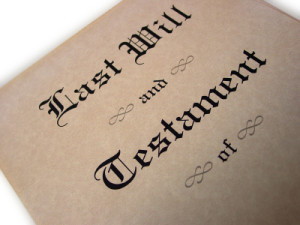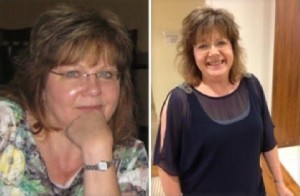 Although this actually happened in the UK, it could just as easily have happened here.
Although this actually happened in the UK, it could just as easily have happened here.
Fred McGuinness owned a scrap yard. When he died at age 64 in 1987, he left everything to his wife Edith.
He had four children: David, Freddie, Kevin and Denise. David claimed that he and his brothers had been promised shares of the business to pay them back for all the years they spent working in the family business.
When Edith died at age 87 in 2013, David fully expected that their time had come to get their reward. However, Edith left everything she had, including the yard, to Denise. The only other bequest was a small one to charity. In a letter Edith wrote to accompany her will, she said that she and Denise had been excluded from the business and “mistreated”.
Although Denise owned a quarter of the business, her bookkeeping role had been eliminated, she never got a bonus and her pension was a “pittance”.
Edith also wrote that “since Mr. McGuinness passed away, she had watched his once-thriving business ‘go to nothing from greed’.”
Edith’s estate was valued for probate at more than £3million after tax and the court heard that a £12million offer had been received for the yard.
Although David had “taken it for granted” that he would inherit part of the yard, the probate judge disagreed. He said there was never “a cast iron promise” that the yard would be divided among all of the children.
The judge further ruled that the only thing David would inherit was a classic Morris lorry, valued at about £10,000.
You can’t assume that what’s been casually mentioned as what you’ll inherit will stand up in court. If you feel that something should rightly be yours, be sure to discuss it with your parents while they are still alive and get their commitment put into a legal document. Otherwise, you may find yourself – like David – without the inheritance you had been expecting…and experiencing friction with any other heirs.
Everyone should have a will that outlines what they wish to happen to their assets when they die and clearly spells out the terms. If you have assets, don’t delay. Get a will written today. You can either find a “do it yourself” version on the web or, if your estate is larger or more complicated, find an estate attorney who will prepare one for you.
For more information about estate planning and will writing, go to our website, www.diesmart.com.
 That’s the percent of Americans who do not have a will, according to a Google Consumer survey by USLegalWills.com.
That’s the percent of Americans who do not have a will, according to a Google Consumer survey by USLegalWills.com.



